
Your support helps us to tell the story
Our mission is to deliver unbiased, fact-based reporting that holds power to account and exposes the truth.
Whether $5 or $50, every contribution counts.
Support us to deliver journalism without an agenda.

Louise Thomas
Editor
A cyclist left in intensive care with 24 fractures has said she will never cycle in central London again after being given a “second chance at life”.
On October 3 2023, Virginia Stuart-Taylor, 35, who lives in London and works for the Foreign, Commonwealth & Development Office (FCDO), was cycling to work when she and another cyclist collided along Chelsea Embankment.
The collision left her lying on the road, unable to move and screaming for help – and with the impact causing 24 fractures, lacerations to her liver and spleen, collapsed lungs and internal bleeding, she “thought that (she) was dying”.
After being given life-saving treatment at the scene by London’s Air Ambulance Charity’s advanced trauma team, she was transferred to King’s College Hospital, where she remained for 25 days.
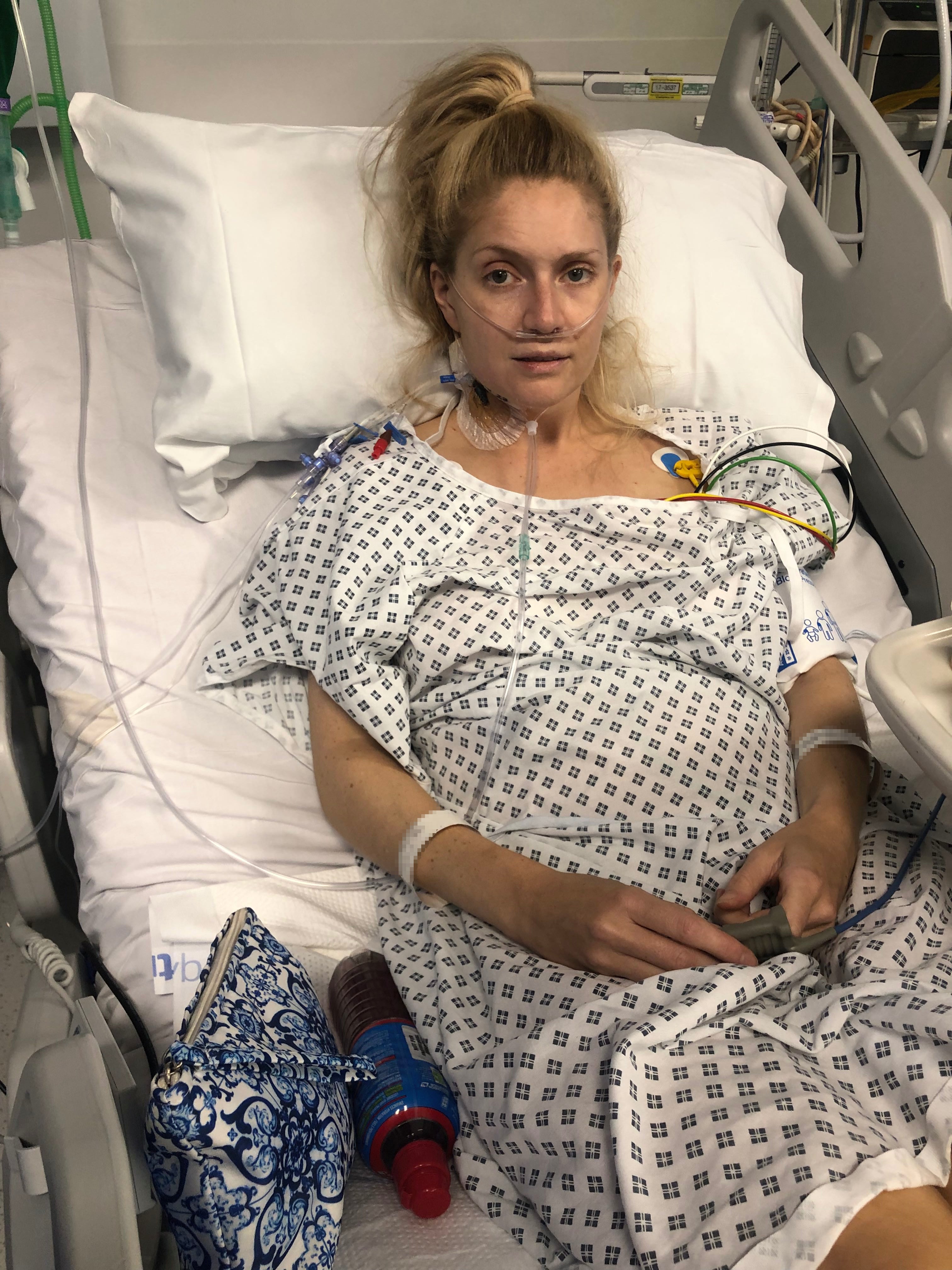
She has since made a full recovery with physiotherapy and gradual exercise and she will soon take part in this year’s Royal Parks Half Marathon – a race she was unable to start last year because of the collision.
Virginia, who is soon to marry her fiance Alexander, 38, said having a good support network, practising gratitude, and “maintaining optimism” was vital for her, and now she wants to give back to the charity so they can continue saving lives.
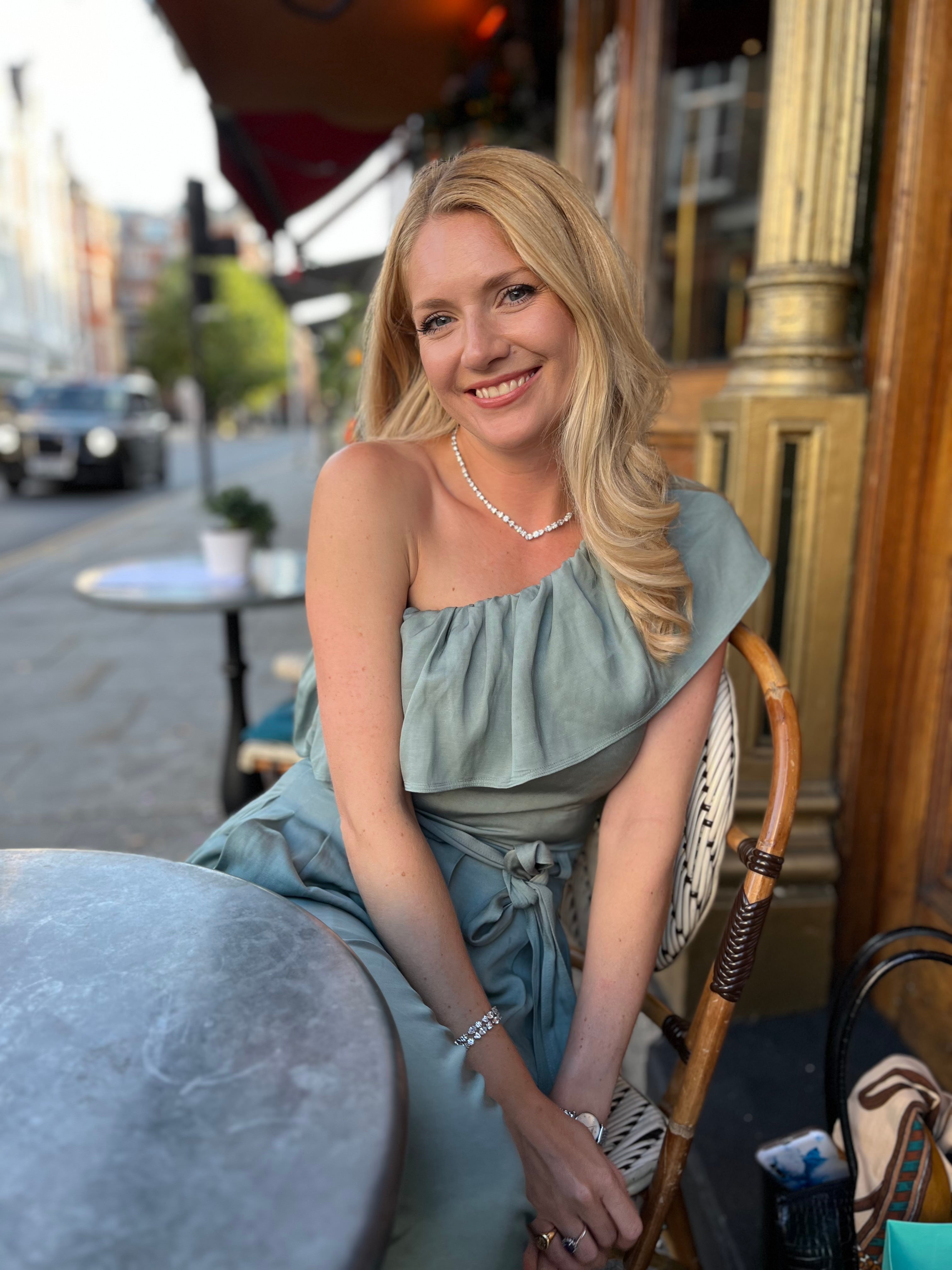
Describing the aftermath of the collision, Virginia told PA Real Life: “It was pure terror, the fact that I couldn’t move, and I immediately thought that means I must be paralysed.
“As I started to lose consciousness, I had the thought that I was dying, and I had a very much out-of-body experience, a feeling of, ‘oh, this is what it’s like to die and this is the transition into dying’, which was horrific.
“I’m extremely lucky that now I can not only walk but run as well … and my life has basically gone back to what it was before, which is miraculous.”
Last year, Virginia was in the final week of her training for the Royal Parks Half Marathon, presented by Royal Bank of Canada, scheduled for October 8 2023.
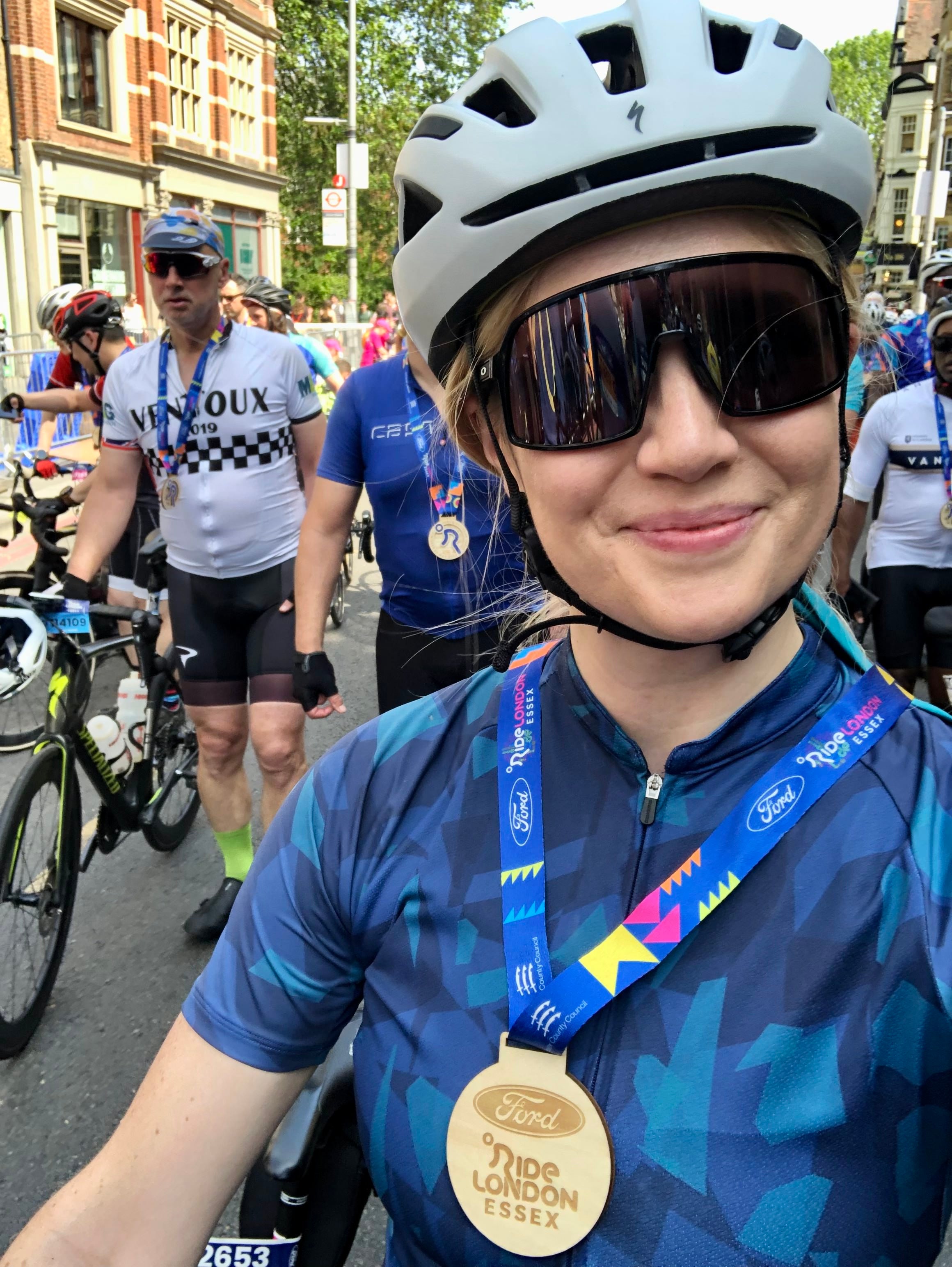
Just five days before, she was cycling to work along Chelsea Embankment – her usual route of six years – at around 8.45am when her bike collided with another cyclist in the cycle lane, leaving her “paralysed” on the ground in the vehicle lane.
As she lay there, immobile, her breathing became “shallower and shallower” and she thought she was going to die.
“I was lying there on the ground, thinking my life was going to change irreparably and that I might never be able to walk again … it was absolutely terrifying,” Virginia said.
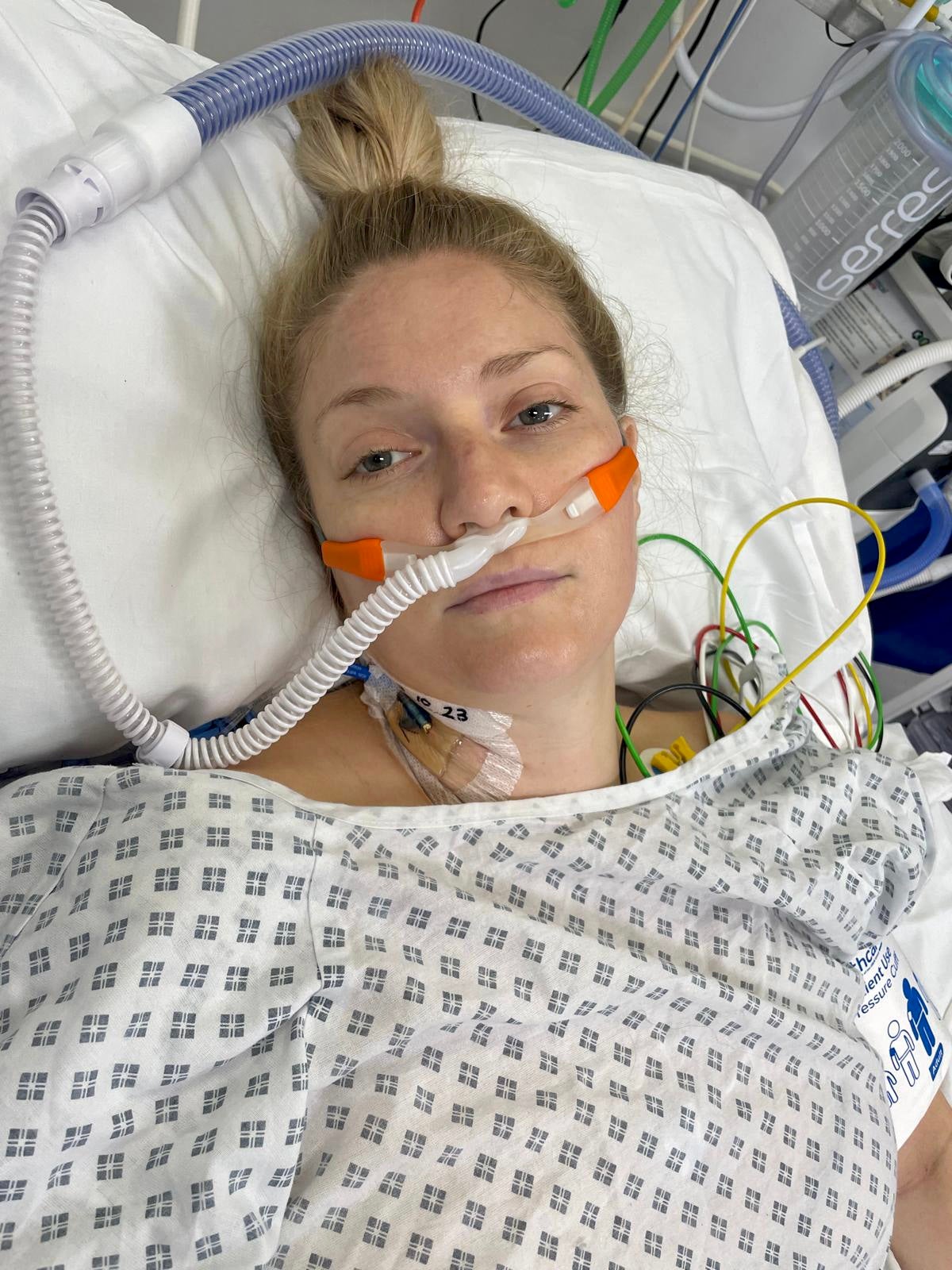
Fellow cyclists called 999, and soon police, paramedics and London’s Air Ambulance Charity’s advanced trauma team arrived including two emergency doctors, a paramedic and two pilots in a helicopter.
Both of Virginia’s lungs had collapsed, necessitating an on-the-road thoracostomy – cutting into her chest to release the pressure and help the lungs to reinflate – and she said she was given four units of blood.
Virginia had suffered 24 fractures to her ribs and shoulder and grade four lacerations to both her liver and spleen, leaving her “in absolute agony and crying”.
After being anaesthetised, Virginia was taken to King’s College Hospital, where she spent 11 days in the intensive care unit, followed by a further 14 days on the major trauma ward.
After regaining consciousness in the hospital 24 hours after the collision, Virginia was told by doctors she had not sustained a broken spine or lasting spinal damage and would eventually make a full recovery.
Although she was in “excruciating pain”, she felt enormous “relief” when hearing this news and she said she was later told that, had she not been in such good physical shape from the half marathon training, she would have died at the scene.
“Apart from being able to open my eyes and start to talk, I could hardly move until about a week after I’d arrived,” she said.
“They asked me to start doing certain exercises to try and see if I could sit up or even stand up, and standing up felt like I had an elephant on my back – the pressure was incredibly painful and tiring.”
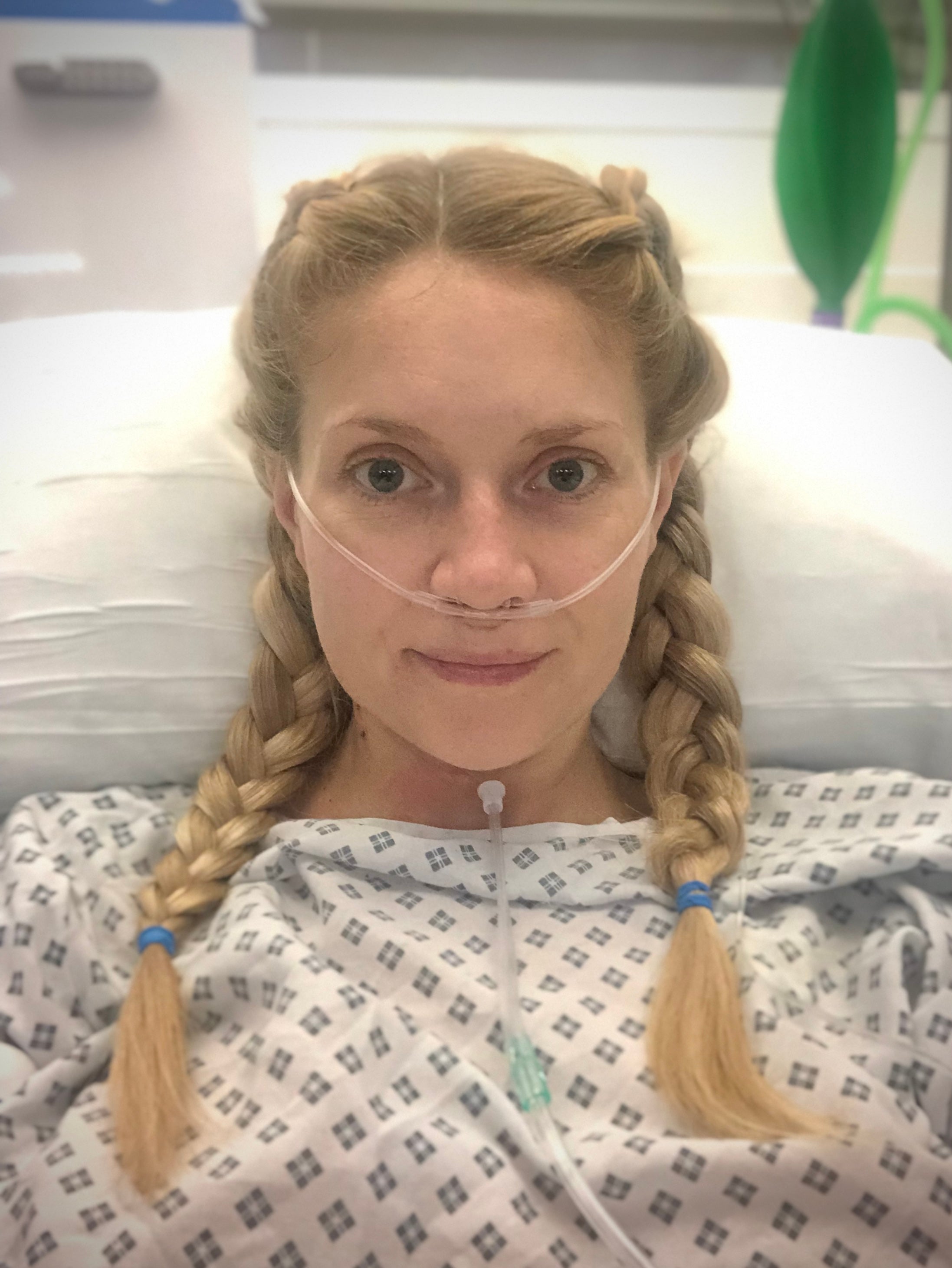
Despite being bedridden and feeling incredibly weak because of muscle wastage, Virginia began to recover steadily, starting with physiotherapy, followed by short walks around the garden.
Four months after the accident, Virginia felt strong enough to return to work, and in March this year, she visited London’s Air Ambulance Charity’s headquarters to see how the charity worked.
She met the two doctors who saved her life, Dr Amar Mashru and Dr Dom Krzanicki, and she described this as “such an emotional experience”.
“The key thing is that, had they not arrived, the other people on the scene wouldn’t have been able to save me,” Virginia said.
“I did have some NHS paramedics there, but they’re not able to administer controlled painkillers, they can’t perform surgery, they can’t anaesthetise you. They can only really transport you to a hospital.
“In my case, I was bleeding internally so much that I wouldn’t have made it to the hospital before dying.”
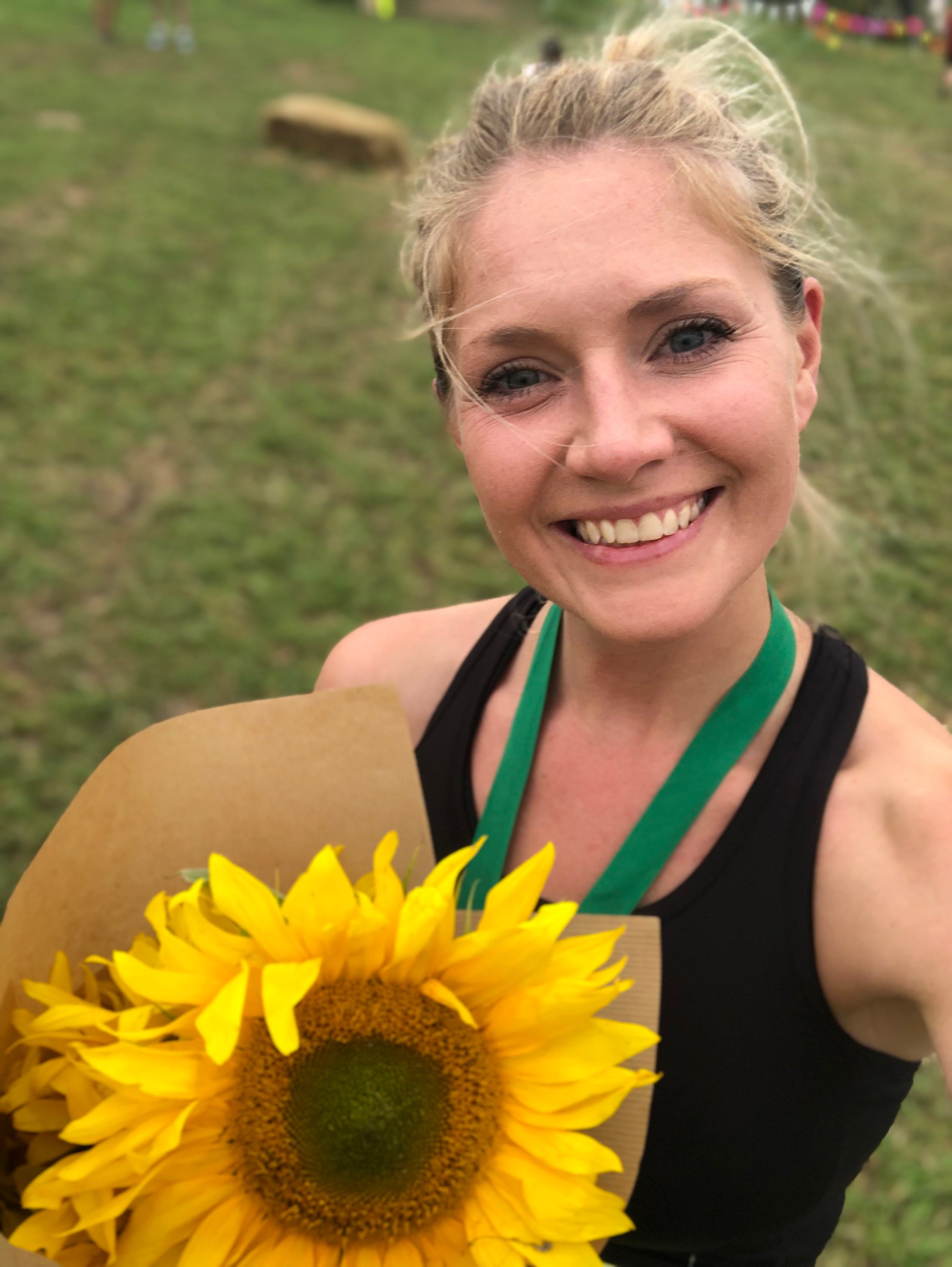
Although Virginia said she will no longer cycle in central London, she wants to “make the most of the life that (she) was given back” – and having made a good recovery, she was able to run her first 10k race in June this year.
She will soon take part in the Royal Parks Half Marathon, presented by Royal Bank of Canada, on Sunday October 13, with a fundraising target of £4,000 for the London’s Air Ambulance Charity, and she is “determined” to finish the race.

She said it will be tiring and she will most likely “be crying” when she crosses the finish line, but her aim of “fundraising to try and save other people’s lives in future” is her motivation.
To find out more or to donate to Virginia’s fundraising page visit: justgiving.com/page/virginia-stuart-taylor-londons-air-ambulance.







